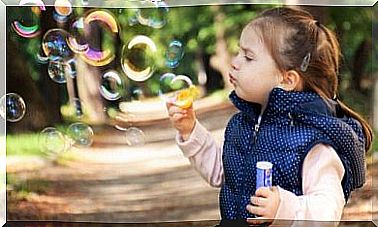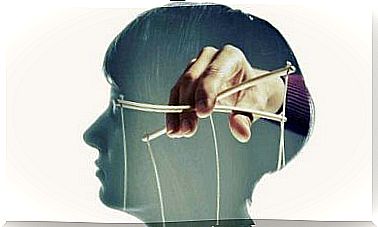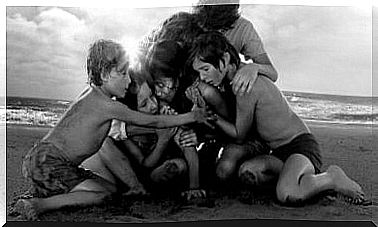Intelligent Discipline

Intelligent discipline can be defined as that which enables people to submit to healthy rules and norms in a conscious way, according to their personal and collective development.
It is a type of discipline that is instilled in a reasonable way and that departs from the traditional dichotomy between lax education and authoritarian education.
The consequences of a permissive education are really harmful, at least as much as those of an authoritarian education.
If children and adolescents do not learn to submit to a certain discipline, they will have great difficulty in shaping their character and achieving goals in their life.
“Discipline is a man’s best friend because it enables him to realize the deepest desires of his heart.”
-Mother Teresa of Calcutta-

Education without discipline gives rise to very defined character traits, such as irresponsibility, rebellion, disregard, selfishness, transgression and immaturity.
On the other hand, an education based on excessive discipline can form submissive and fearful people.
The worst situation is education which combines the failings of the two disciplines, alternating between laxity and authoritarianism.
This is typical of parents who punish their children excessively, or even humiliate or belittle them.
After this disproportionate punishment, they feel guilty and become too permissive with their child, so as to relieve their feelings of guilt.
Permissive education and authoritarian education
Before discussing intelligent discipline in detail, it is essential to dwell on the main features that define permissive education and authoritarian education.
The main characteristics of a permissive education are:
- Not formulating clear and defined rules.
- Constantly wanting to please the child or adolescent.
- Continuously justify children’s mistakes and failures.
- Trying to satisfy their every whim.
- Do not be demanding of your child.
- Forgive or negotiate punishments and sanctions.
- Allow the child to make his own decisions, in accordance with his own criteria.
- Do not attach importance to schedules, order and achievement of goals.
- Give too many freedoms and let the child learn from his mistakes on his own.
The main characteristics of an authoritarian education are:
- Imposing standards without explaining or justifying them.
- Very strongly punish any transgression of a norm, without taking into account the seriousness of the violation.
- Claim to exercise and maintain absolute control over the child’s life.
- Punish excessively and frequently, using physical and / or psychological aggression.
- To give disproportionate importance to order.
- Do not stimulate children, do not have gestures of recognition when they are successful.
- Fail to recognize the value of the child’s opinion.
Permissive upbringing is often brought on by parents’ disinterest or lack of character. Conversely, authoritarian education is often dictated by the trauma suffered by the parents, or by their excessive fears.

Towards intelligent discipline
Intelligent discipline is defined as that which makes it possible to instill values in children, by making them recognize certain limits, and therefore to give up certain impossible desires.
The human being builds many fantasies in his life, around his desires. We all have an irreparable narcissism and we all want to be the center of attention.
Some people are even selfish, and want everything to be theirs. They are small dictators, who want to get what they want, without being afraid of crushing others to achieve it.
Basically, discipline allows us to introduce small doses of frustration into our lives. Through accepting these limitations, we learn that we are not alone in this world, and that we cannot always get what we want.
This learning allows us to develop strategies for adapting to the world around us.
It involves a complex exercise of reason and a certain tolerance for frustration. In other words, discipline teaches us to keep our feet on the ground.
The clarity of the standards and the consistency of their application, allows us to acquire a solid vision of reality. Over time, this translates into greater self-confidence, and a sense of worth in others.
Discipline therefore allows us to establish clear and realistic objectives, but also to have all the tools to achieve them.
It is a healthy emotional baggage, which will allow us to avoid many problems during our existence.
Here are some rules you can anchor in your life to implement intelligent discipline:
- Set limits, rather than hard rules.
- Offer well-defined options in the application of standards.
- Involve the child when setting a new standard, showing him that his opinion matters, but that it is not the one that wins.
- Clearly establish the values that one claims to instill.
- Stimulate the development of self-control.
- Explain in detail why certain behaviors annoy adults and outsiders.
- Recognize the positive actions of the child.
- Do not put in conflict different disciplinary modes within the family.
- Act immediately in the face of bad behavior, without postponing until the next day.
- Clearly establish and adhere to the penalties for non-compliance with a standard.
Intelligent discipline forms free and conscious people, individuals who have the capacity to give the best of themselves, and who strictly respect this old maxim, which is the basis of the principle of knowing how to live together: “The freedom ends where that of others begins ”.









